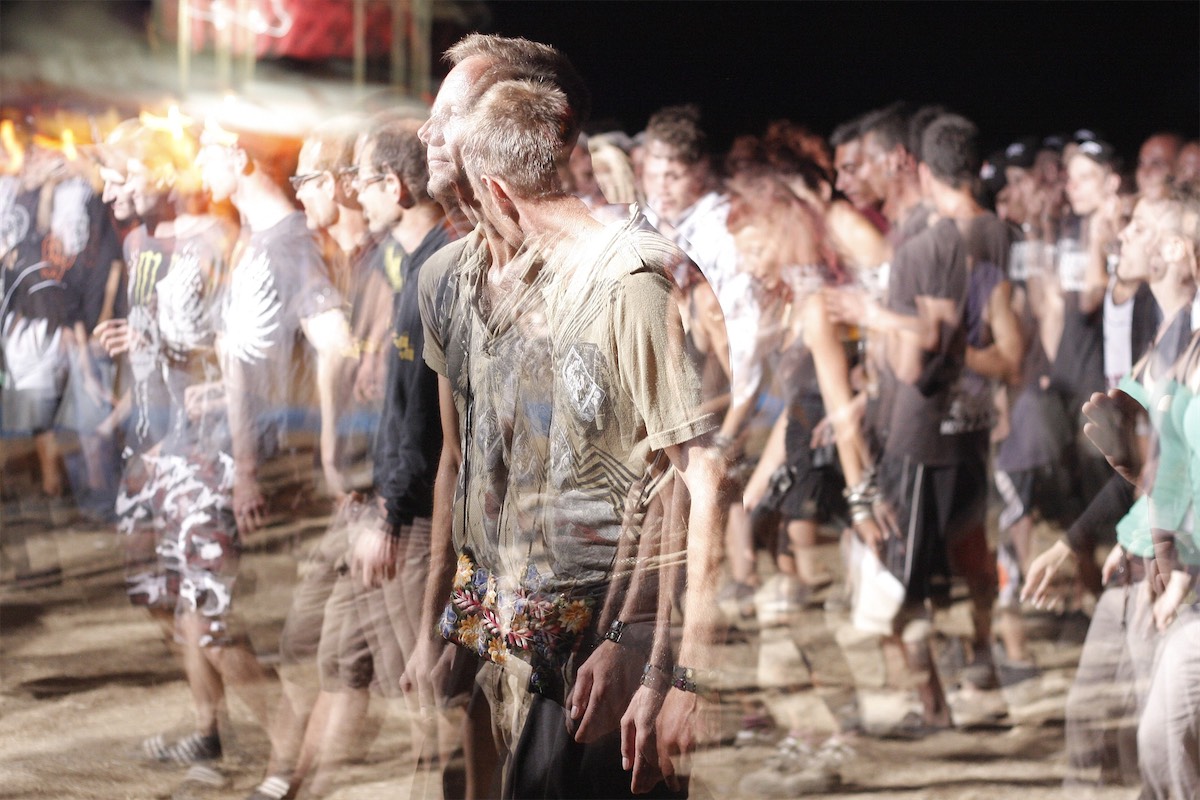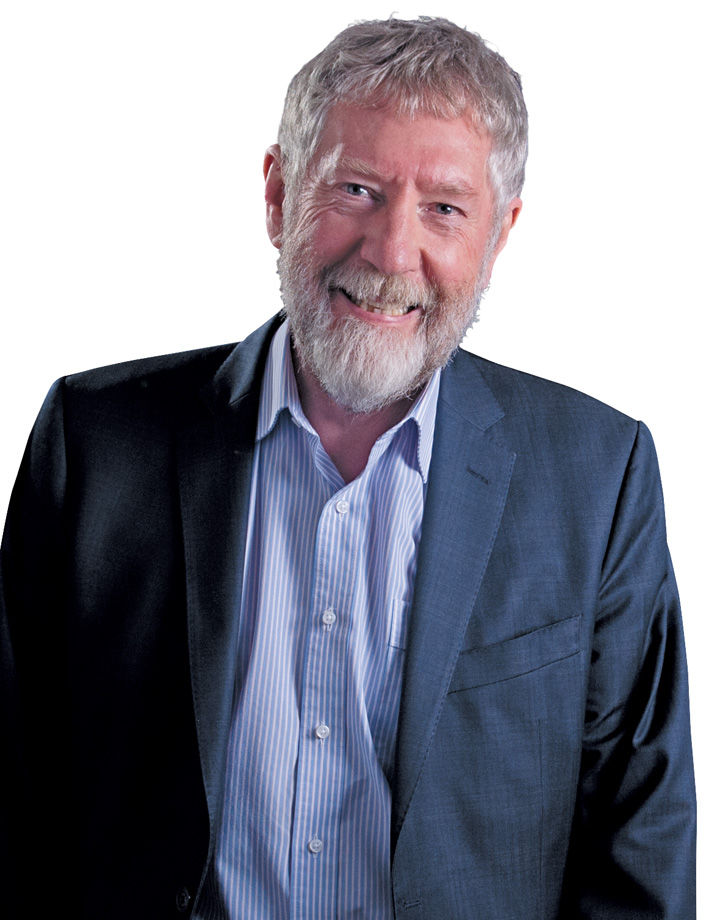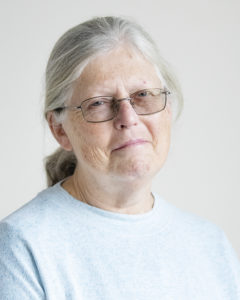
“In the long run the reduction in quarantine time to five days will do absolutely nothing to help the economy. Sick (and dead) people don’t buy much at the shops”. MICHAEL MOORE reflects some telling observations of living with covid.
FURTHER easing of restrictions around COVID-19 is welcomed by some and seems politically opportune. However, the reality is that many are still suffering or dying.

So what was the advice from the Commonwealth’s chief medical officer along with the chief health officers of the states and territories that motivated national cabinet to lift restrictions even further?
At the federal election, Labor promised to establish a National Centre for Prevention and Disease Control. Advice from this organisation, once established, must be open and transparent. In contrast to the current system, this would require politicians to explain why they have rejected or modified public health advice.
The impact of COVID-19 in the ACT may have reduced. However, the pandemic has not passed. Epidemiologist Dr Priscilla Robinson, who is a friend and colleague, works out of La Trobe University. She has been a regular writer in a closed group on COVID-19 clearly explaining the changing situation regarding the pandemic. Her reflections, as at September 7, effectively present just how well Australia is doing.
“This week the main sources of the new notifications seem to be Japan (over 900,000), South Korea (over 500,000) and China (about a quarter of a million). Although case numbers are not necessarily very big, several Pacific Island nations have had big proportional rises (eg Micronesia and Niue).
“In general both new cases and fatalities are down, although in a few countries fatalities (presumably as a result of recent infections) are slightly higher. Interestingly, this seems to be happening in Australia, too.
“Worldwide, 7.7 per cent of covid infections have now been notified cases (so the real rate will be higher than that). The case fatality rate is continuing its downward movement, now to 1.07 per cent. So it is not surprising that some countries have seen far more of their people being infected, with several mainly European countries having infection rates well over 50 per cent.

“In Australia, we now rank 14th in the world in terms of case numbers – a real feat considering a year ago we were about at the bottom. We are still getting about 10,000 cases a day, and nobody really seems to care any more.
“Incidentally the Australian case fatality rate continues to climb slowly, while the worldwide rate is dropping. We are not doing so well, people.”
“The reduction in quarantine time to five days will, in the long run, cause more grief, as many people are still shedding virus at anything up to a couple of weeks after symptoms begin, so more people will be exposed and become sick.
“In the long run this will do absolutely nothing to help the economy. Sick (and dead) people don’t buy much at the shops.
“About a year ago I drew an analogy between covid restrictions and road safety, and I think the same message needs to be reiterated.
“Road safety works as a package – drivers know they need to stop at red traffic lights and for pedestrians, stay under the speed limit, keep their vehicle in working order, and the local authorities are responsible for maintaining the state of the roads etcetera. If you travel to somewhere like PNG you can find out what happens to the roads when this agreement falls over.
“And so it is with covid – there is no attempt to in any way enforce the wearing of masks on transport – the last time I was on a coach a maskless person asked the driver to sell her a mask, which amazed him – ‘No, I sell bus tickets and drive the bus…’ and I asked a person standing next to me to put a mask on if they were not going to move away (it worked, he did).
“Any attempt to protect people seems to be missing in action – it is sometimes hard for people to even access those famous vaccines, and I am aware that RATs are less available and costly, and covid antiviral treatments are not available for most people”.
The pandemic is still with us. Let’s hope that the introduction of a National Centre for Prevention and Disease Control will mean a change from the times when politics trumps public health advice. But don’t hold your breath.
Who can be trusted?
In a world of spin and confusion, there’s never been a more important time to support independent journalism in Canberra.
If you trust our work online and want to enforce the power of independent voices, I invite you to make a small contribution.
Every dollar of support is invested back into our journalism to help keep citynews.com.au strong and free.
Thank you,
Ian Meikle, editor









Leave a Reply